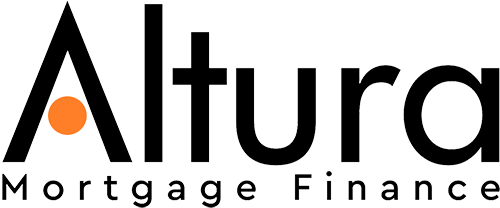
In recent weeks, the coronavirus pandemic has impacted every corner of the UK economy. More than eight million workers are currently on furlough, some well-known businesses have failed, and unemployment has risen sharply.
The outbreak has also affected the housing market, both in terms of prices and transactions. But just how significant is the impact of the virus likely to be on UK house prices?
Before lockdown
Before coronavirus arrived in the UK, the housing market had enjoyed a strong start to the year. Both activity levels and prices were increasing, thanks to both low borrowing costs and high levels of employment.
In addition, the decisive General Election result in December had finally provided some certainty regarding Brexit, resulting in what many commentators called the ‘Boris bounce’.
At the start of the year, estate agent Savills was predicting that the average house price in the UK would rise by 1% in 2020, while Rightmove forecast that the price of houses coming to market will rise by 2% this year.
Coronavirus and the lockdown
The property market’s strong start to the year was brought to an abrupt end by the arrival of the coronavirus pandemic in March.
As the government implemented their lockdown strategy, house buyers and sellers were told to delay their moves if possible and to suspend all new viewings. Surveyors were unable to carry out valuations on homes, and lenders withdrew products to divert staff resources to deal with requests for mortgage payment holidays.
All this meant that the property market all but ground to a halt. The latest HMRC data showed that residential property transactions fell 53% in April compared with 2019.
During the period of lockdown, experts are agreed that house prices have fallen. Mortgage lender Halifax says that UK house prices fell for a third month running in May, with the average price of a home in the UK falling by 0.2% over the month to £237,808. During the three-month period of lockdown, property prices fell by 0.5%.
Rightmove research also showed that prices were falling. The online property portal found that the average price of property coming to market in April dipped 0.2% to £311,950. By contrast, in April 2019, UK house prices increased by 2.1%.
Coming out of lockdown and the rest of 2020
After lockdown restrictions were eased in mid-May, there is evidence that buyers have returned to the market.
Since in-person property viewings were permitted again on 13 May, Pantheon Macroeconomics say that the daily volume of Google searches for the three main property portals had increased to be just 13% below its pre-lockdown level, having been down 50% in April.
However, experts believe that the continued effects of coronavirus will have a negative effect on the short-term outlooks for property prices:
- Knight Frank – After the government announced that some lockdown measures would remain until July, the estate agent changed its forecast from a fall of 3% in 2020 to a fall of 7%
- Royal Institution of Chartered Surveyors (RICS) – UK house prices are expected to fall by more than 4% this year, according to 40% of respondents to the latest RICS survey. Meanwhile, 35% of those surveyed said they expected UK house prices to drop by up to 4% this year
- Savills – Estate agent Savills estimates that average UK house prices will fall between 5% and 10% in the short-term while the low transaction market caused by the coronavirus lockdown continues
- Lloyds – Lloyds has predicted that it is likely that house prices will fall 5% this year. In the most positive scenario, the bank modelled that house prices could dip 2.2% this year before bouncing back next year. However, in its worst-case scenario, house prices would fall by 10%, with an aggregate decline of 30.2% by 2022.
As for us, we shared our forecasts with Mortgage Strategy last month. We said: “With the housing market effectively frozen and little prospect of forced sellers due to government action, our prediction for house prices in 2020 is a relatively modest decline of 5%.
“This may simply be a case, however, of kicking the can into 2021, when the authorities will run out of firepower and the true extent of damage to the economy will be revealed.”
…and in 2021?
While experts are generally agreed that UK house prices will fall over the rest of this year, they are optimistic that they will bounce back strongly in 2021.
Estate agent Knight Frank predicts that London house prices will jump 6% in 2021, while Chestertons said it expected to see growth of 3-4% in central London next year. Savills also believe that prime central London will lead the recovery, with their analysts forecasting mid-term price growth will be an average of 15% over the next five years.
Nationwide has predicted that the economic measures put in place by the government during the pandemic could help UK house prices rebound sharply when the coronavirus lockdown is lifted.
Robert Gardner, chief economist at Nationwide, believes that measures such as £330 billion in business support and the government’s Job Retention Scheme could keep borrowing down and allow UK house prices to bounce back.
He says: “Much will depend on the performance of the wider economy. The raft of policies should set the stage for a rebound once the shock passes,” he said.
Get in touch
If you would benefit from mortgage advice in this uncertain climate, or you’d like to take advantage of the low mortgage rates available, get in touch to find out how we can help you. Email [email protected] or call us on +44 (0) 20 3786 7270.




